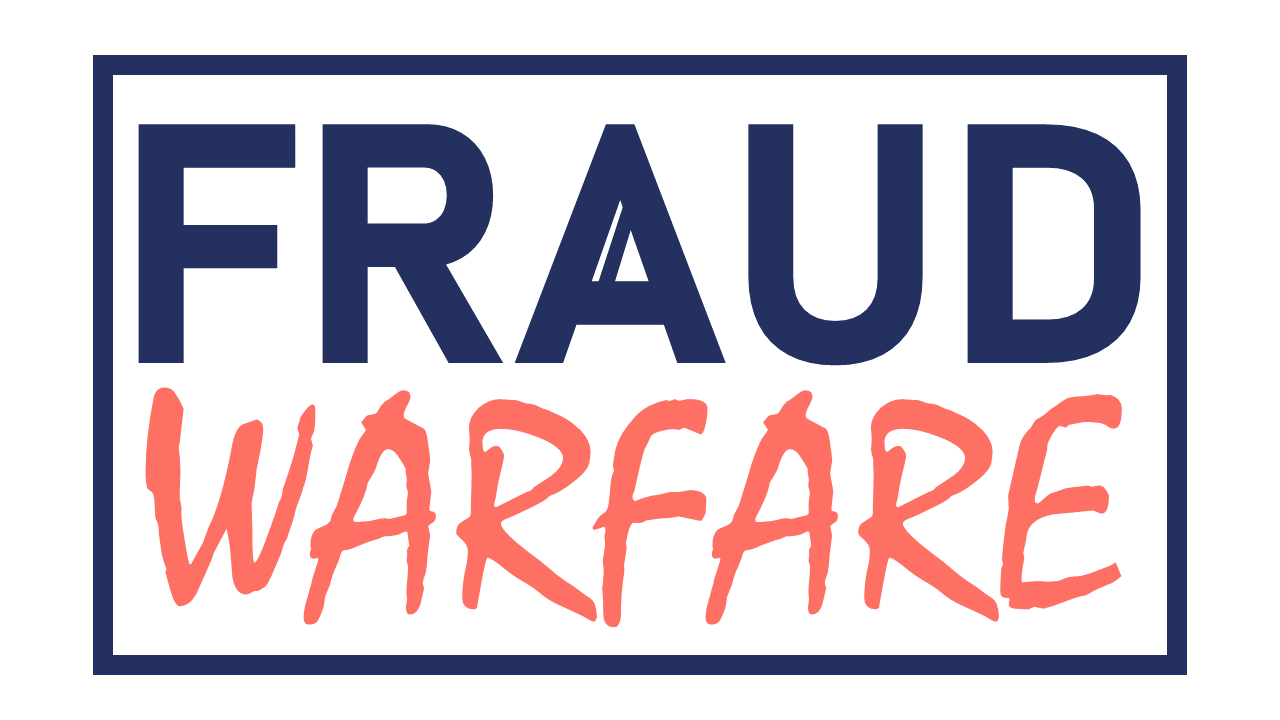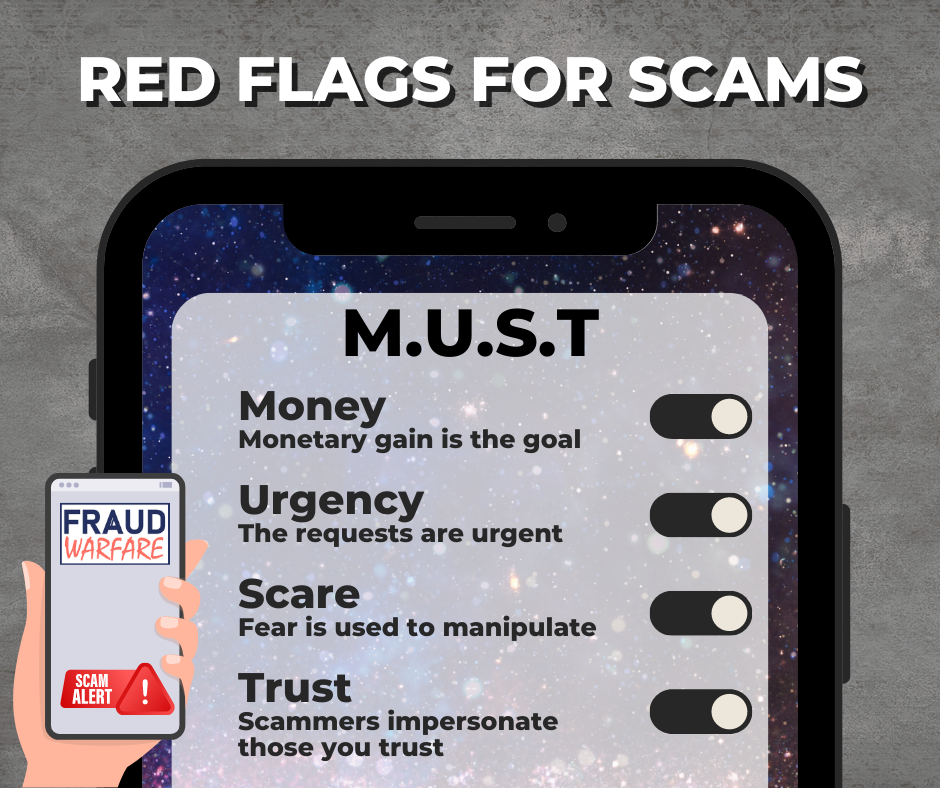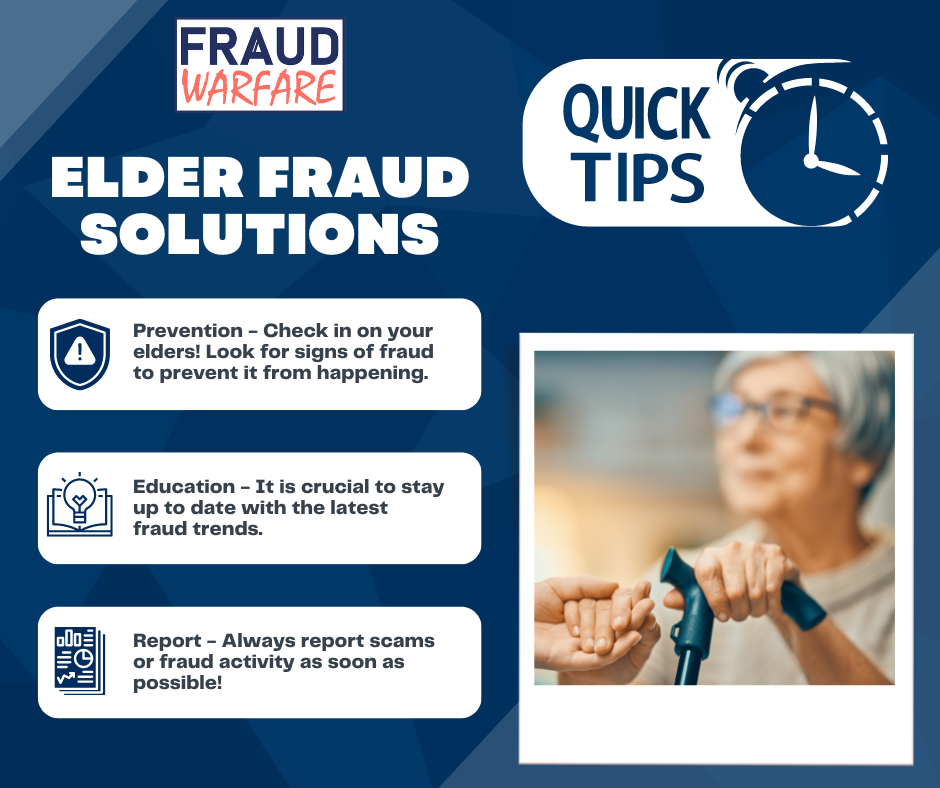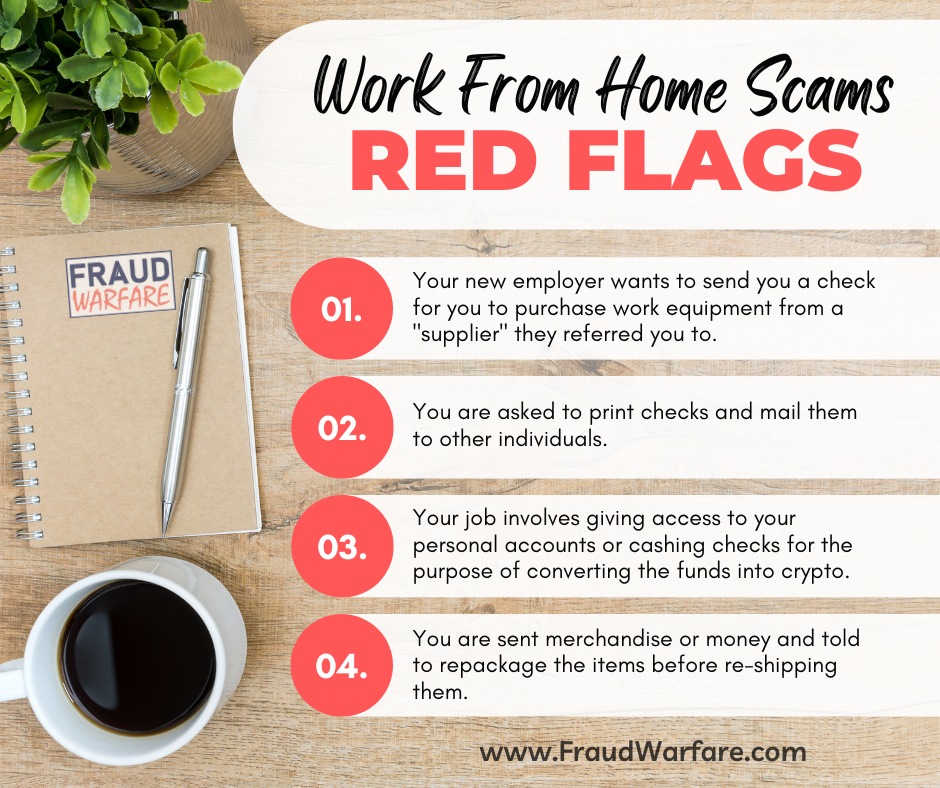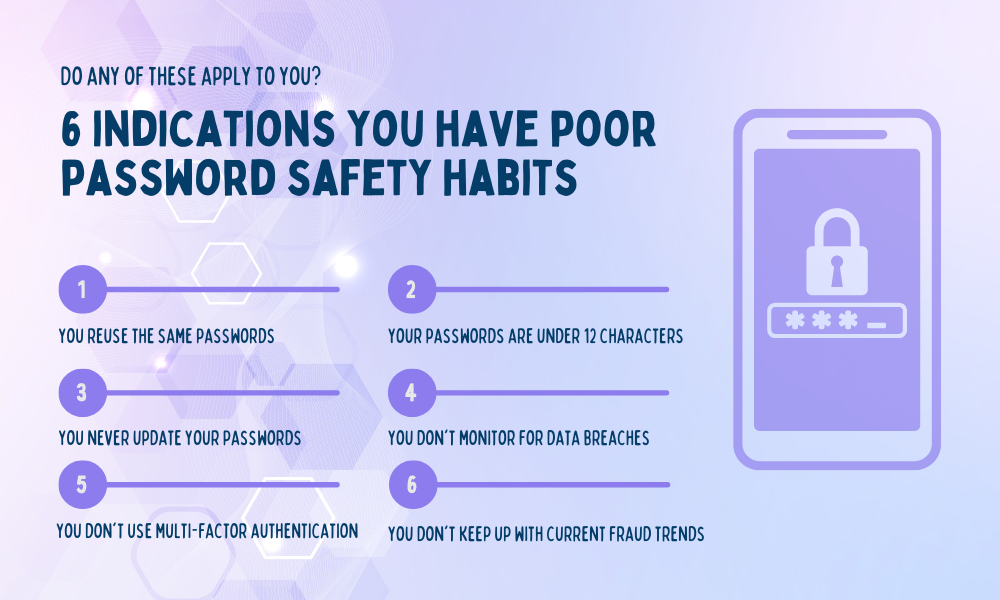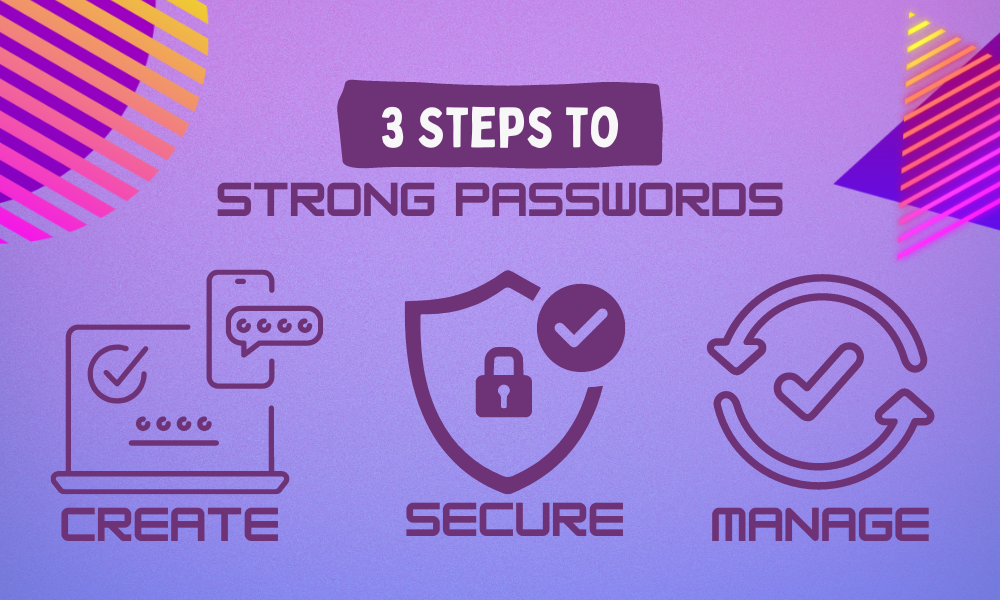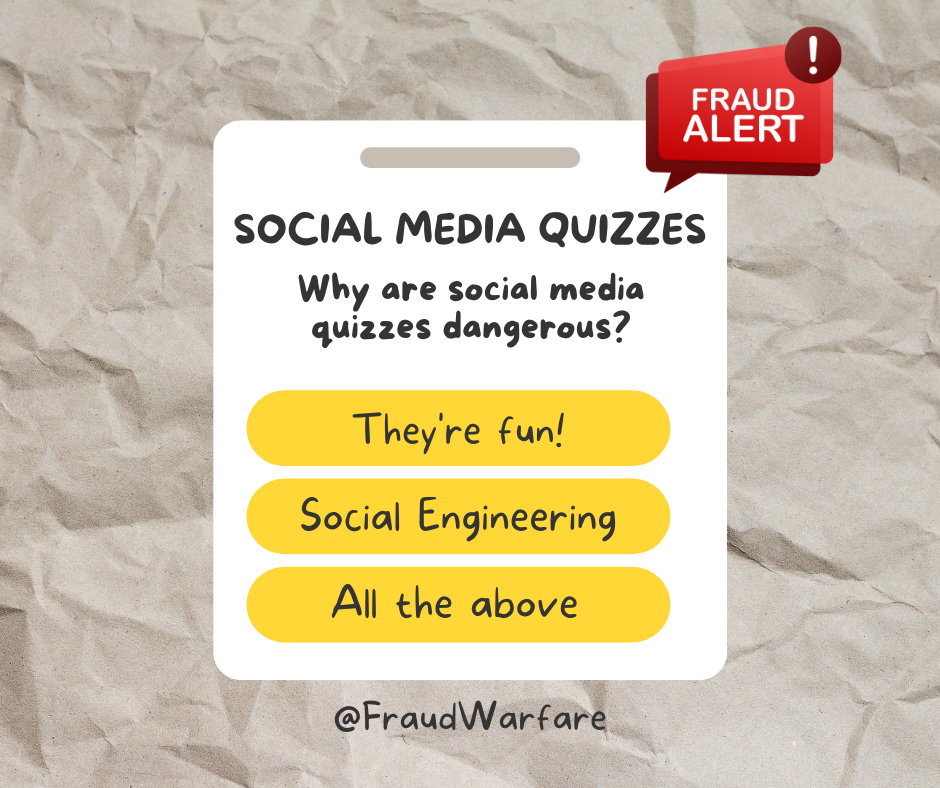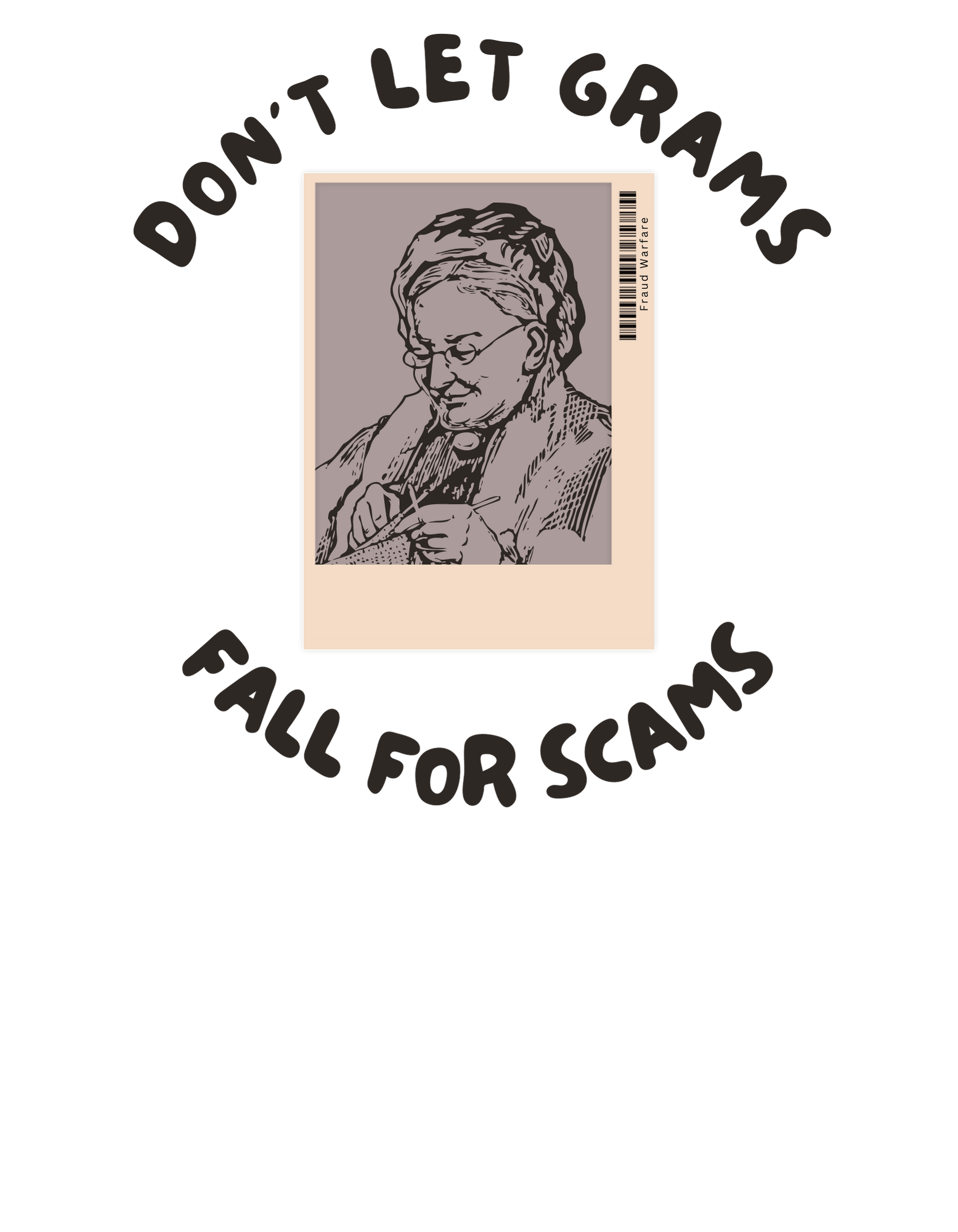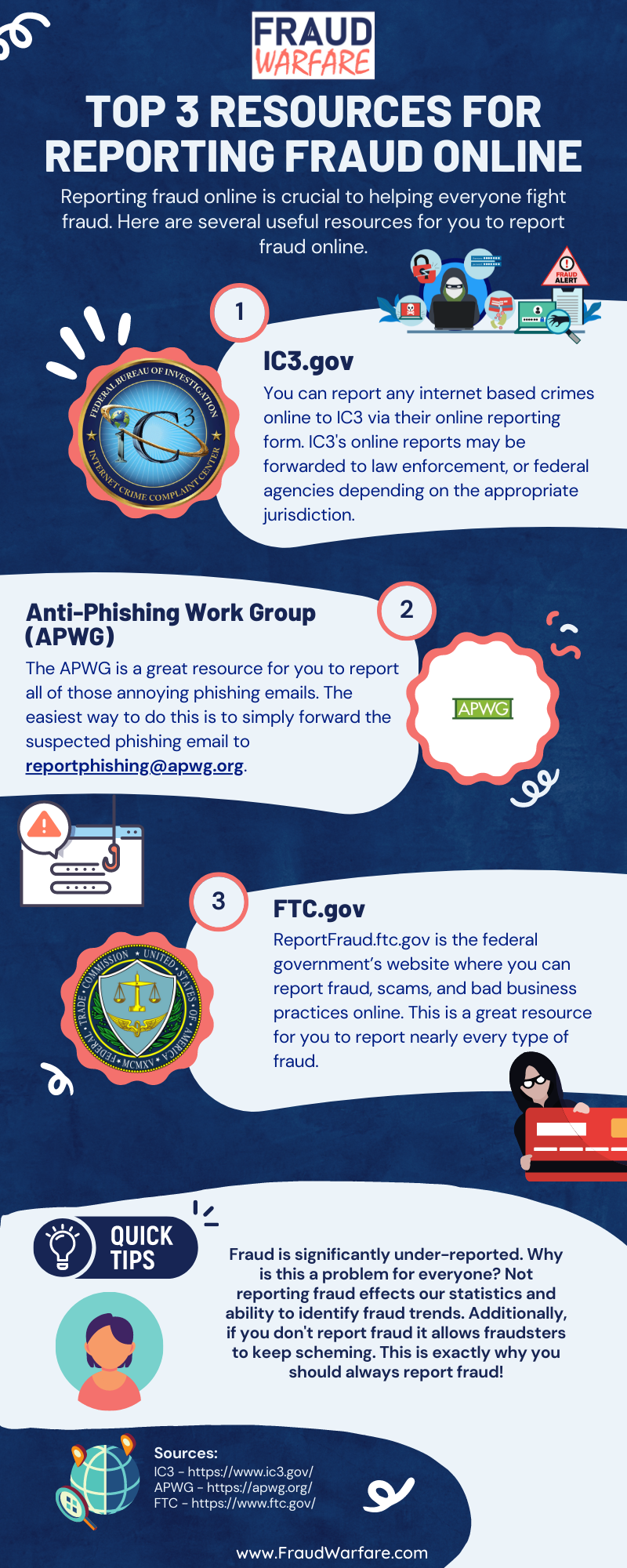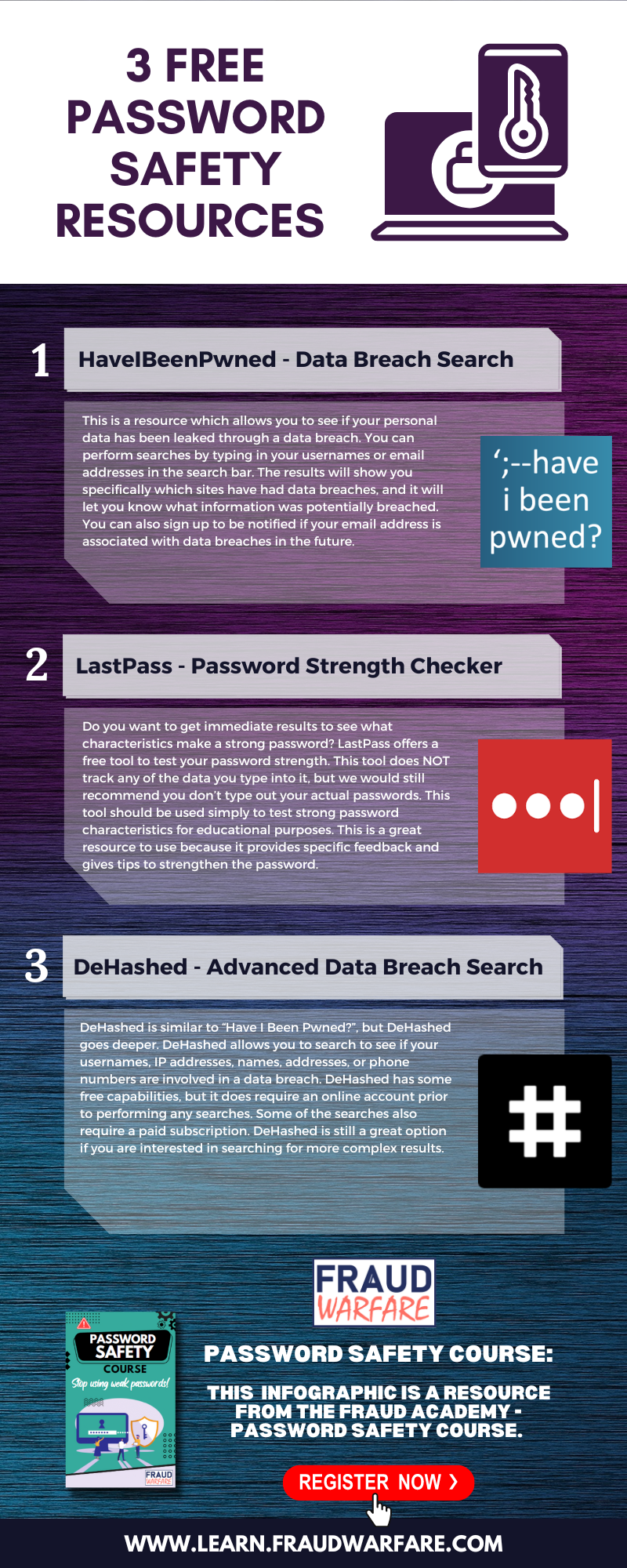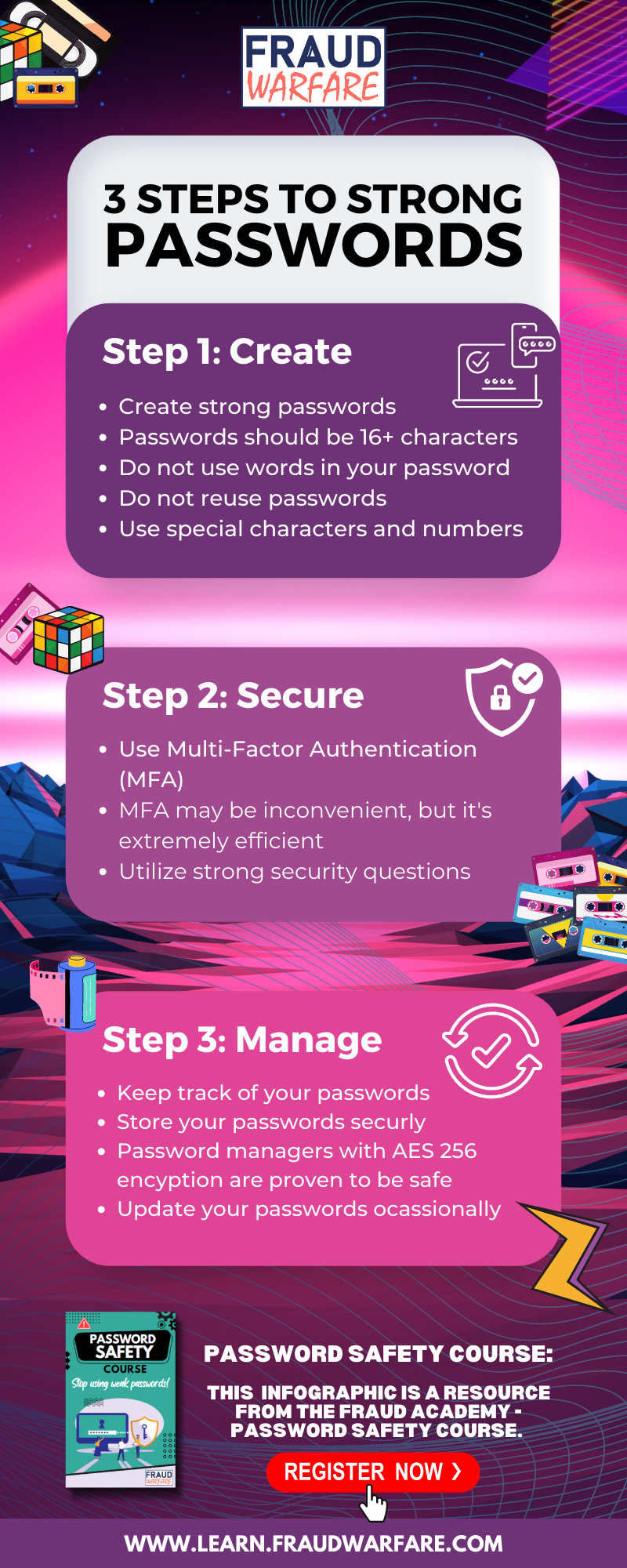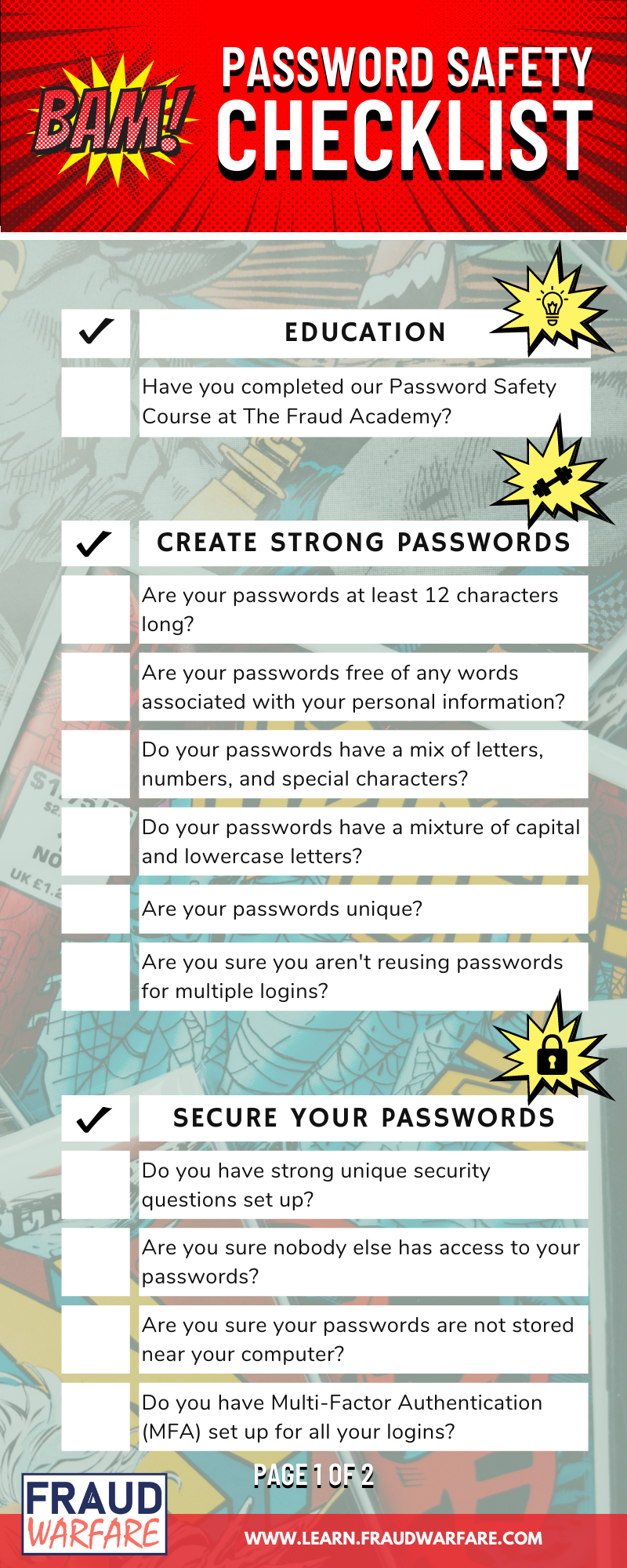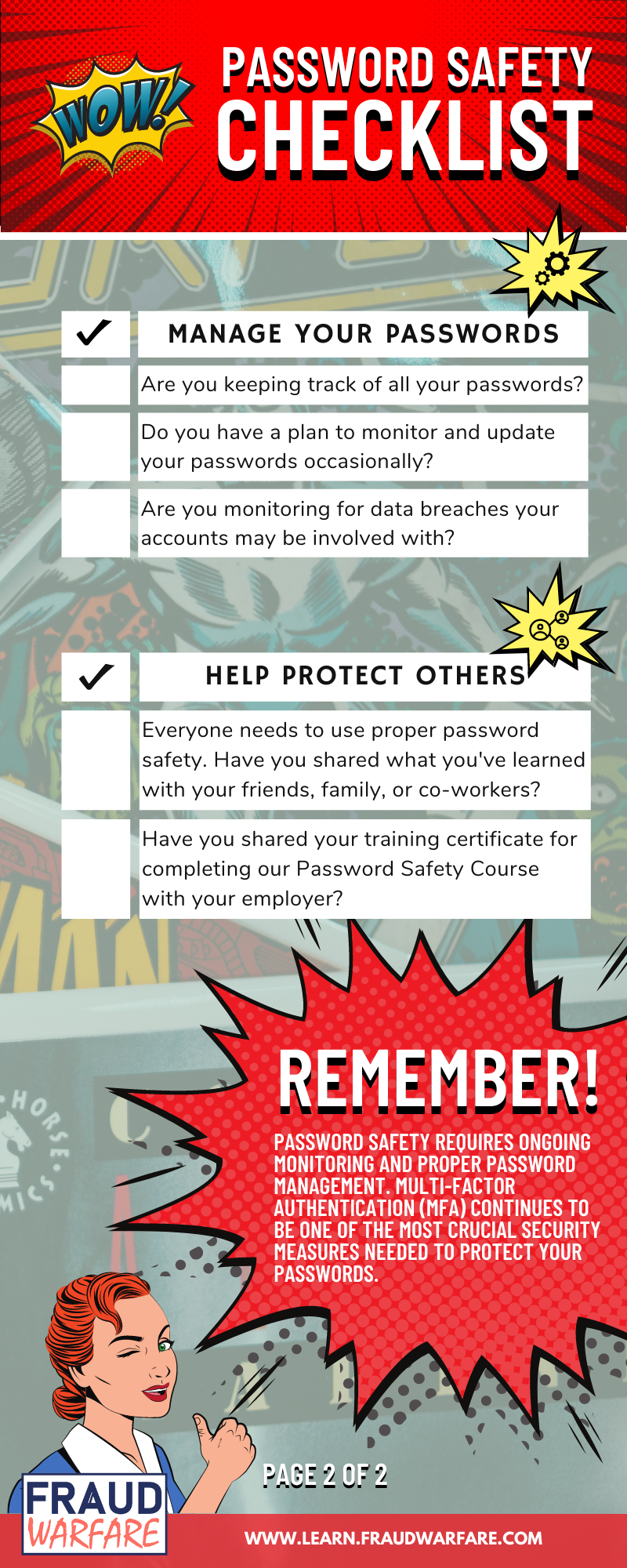Online Reporting Options
Resources
You can report federal crimes to the FBI online via an anonymous tip, or you can contact your local FBI field office.
“The APWG collects, analyzes, and exchanges lists of verified credential collection sites, like those used in phishing. If you have received a suspicious or obviously malicious email you can forward those to APWG for analysis.
The best way to do this is to simply forward the suspected phishing email to reportphishing@apwg.org. If your email clients supports the option to “Forward As Attachment” this will provide our systems more details for tracking. Forwarding suspected phishing emails to APWG contributes to fraud and crime prevention services to protect users and track criminal activity.”
You can read more information about the APWG on their website.
If you are dealing with mail theft/fraud you can submit an online report to USPIS for further investigation.
ReportFraud.ftc.gov is the federal government’s website where you can report fraud, scams, and bad business practices.
Visit consumer.ftc.gov to find tips and learn how to avoid scams.
You can report any internet based crimes online to IC3 via their online reporting form.
Fraud Investigative Resources
Resources
The BBB Scam Tracker is useful for tracking all reported scams within certain areas. The whole United States is included and you can easily see what types of scams are trending in each state.
“The ISP List is a database of Internet service and other online content providers that will help you get the information you need for your case. For each Internet Service Provider listed, you’ll find the legal contact information and instructions needed to serve subpoenas, court orders, and search warrants.
The ISP List is a law enforcement community effort, meaning that while it may reside on our website, it belongs to us all. If you come across newer information than what we have listed here, please let us know and we’ll update it. If you discover an ISP that we don’t have in the database, let us know and we’ll add it.”
The BIN List is used to verify the BIN on credit/debit cards. The first 6 or 8 digits of a card number are known as the Bank Identification Number (BIN/IIN). These can help investigators identify the institution that issued a specific card number.
“This website allows for single lookups of routing numbers. It is intended for use by individuals who need to look up their financial institution’s routing number. Users of this service are allowed no more than two lookups per day and are limited to ten lookups per month.”
TinyEye is a reverse image searching tool that is useful for verifying fictitious online social profiles. You can copy and paste any photo to see what other sites are associated with that specific image. This is also great for investigating romance scam cases.
Have i been pwned is great for checking if your email or phone number is involved in a data breach. This can also be useful in investigations for determining if your victim’s information is involved with a data breach.
The Wayback Machine allows you to time travel and see what content websites had from a specific date and time. All of this data is archived which can be helpful for determining what services businesses were truly offering at a specific time. This can be great for verifying the legitimacy of potential fictitious businesses.
Domain WhoIS allows you to find when a website URL was registered, and potentially who it is registered to if the individual did not pay for the privacy add-on when purchasing the URL.
AARS is a non-profit focused on bringing awareness on the way online romance scams have impacted our world today. They offer so many free resources to help educate victims.
Infographics and Brochures
Resources
